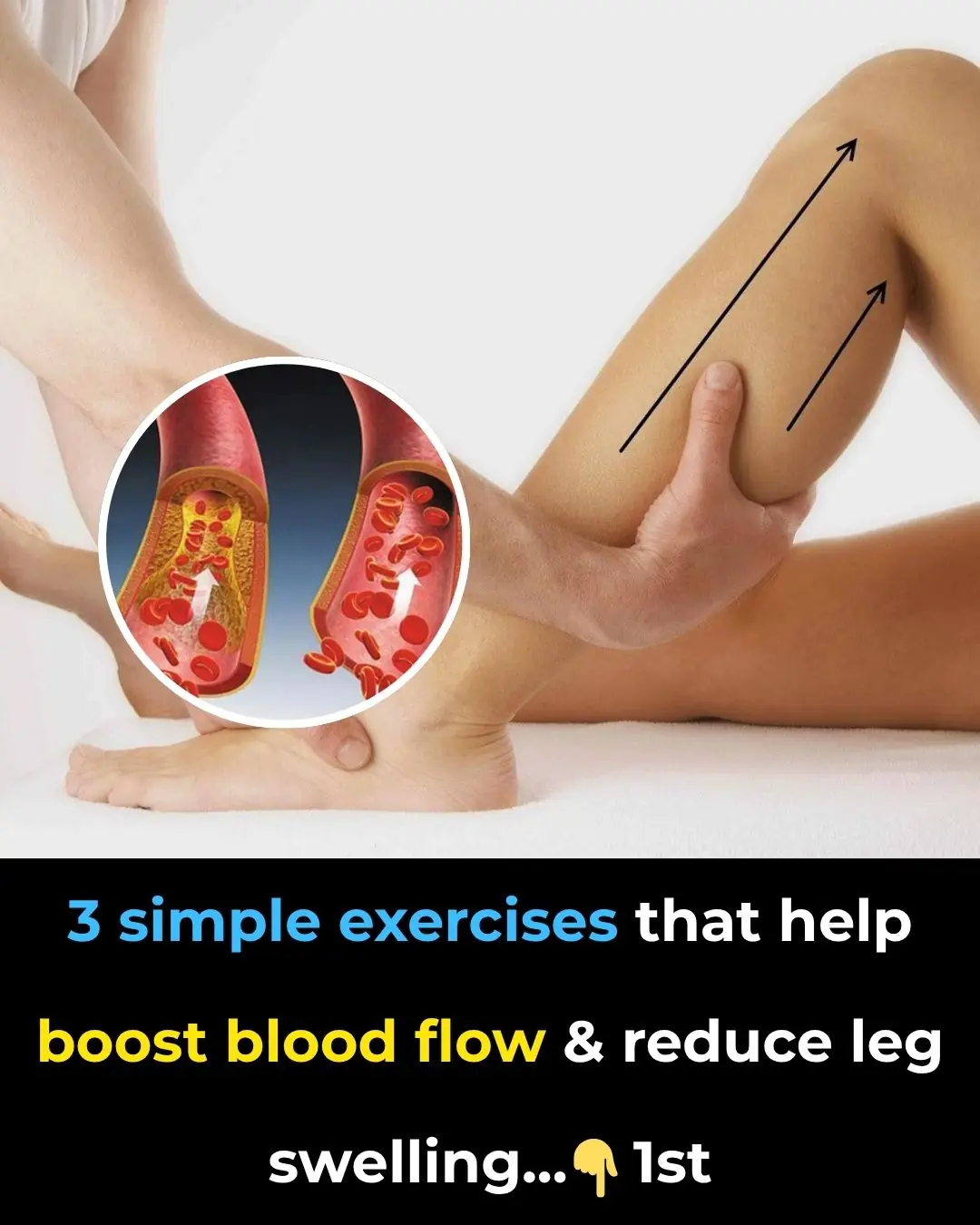
What Your Lips Say About Your Health
Most of us think of our lips as part of a smile or a canvas for lipstick. But few realize that lips are also tiny health indicators—constantly giving subtle clues about what’s going on inside the body.
From shifts in color and texture to dryness, swelling, or sores, your lips can reflect everything from dehydration to vitamin deficiencies and even underlying medical conditions. Think of them as small but powerful messengers that deserve your attention.
Let’s take a closer look at what your lips might be trying to tell you—and how to care for them properly.
1. Dry, Chapped Lips That Won’t Heal
Occasional dryness is normal, especially in cold or windy weather. But when your lips stay cracked or flaky despite good hydration and lip balm, your body might be signaling a deeper imbalance.
🔍 Possible causes:
-
Vitamin B complex deficiencies (especially B2, B3, and B12)
-
Eczema or dermatitis around the mouth
-
Allergic reactions to toothpaste, lip products, or certain foods
-
Chronic mouth breathing or dehydration from too much caffeine or alcohol
✅ Self-Care Tips:
-
Stay hydrated — sip water consistently throughout the day.
-
Use a lip balm that contains SPF 15 or higher and nourishing oils like shea butter or coconut oil.
-
Avoid licking your lips; saliva evaporates quickly, making dryness worse.
-
If cracks persist, ask your doctor about nutrient testing or possible allergies.
💡 Bonus Tip: If your lips peel in thin layers rather than crack, it could point to mild irritation or overexposure to wind or sun.
2. Lip Color Changes
Your natural lip color is influenced by blood flow, oxygen levels, and even organ health. A sudden change in shade can sometimes reveal what’s happening beneath the surface.
💬 What it might mean:
-
Pale lips: May suggest anemia, low iron, or poor circulation.
-
Blue or purple lips: Could be linked to respiratory or heart problems, indicating lower oxygen levels.
-
Yellowish lips: Might point toward liver dysfunction or jaundice.
-
Dark patches: Sometimes appear due to smoking, sun exposure, or hormonal shifts.
✅ Self-Care Tips:
-
Check your lips in natural light for true color.
-
Pair observations with symptoms—like dizziness, fatigue, or shortness of breath—and consult a doctor if needed.
-
Protect your lips from UV rays; sun damage can alter pigment and cause long-term harm.
3. Sores or Ulcers on the Lips
Cold sores, canker sores, and small ulcers are fairly common and can appear due to stress, viruses (like herpes simplex), or a weakened immune system.
While occasional flare-ups aren’t alarming, sores that recur frequently or heal slowly could signal an underlying condition.
✅ Self-Care Tips:
-
Use gentle, fragrance-free lip balms with aloe vera or chamomile for comfort.
-
Manage stress with simple practices—short walks, deep breathing, or mindfulness.
-
Avoid sharing utensils or lip products if you suspect a viral cause.
-
For frequent outbreaks, ask your doctor about antiviral medication or immune-support supplements.
💡 If a sore lasts longer than two weeks or becomes painful or crusted, seek professional evaluation.
4. Swollen Lips
Sudden or recurring swelling can be uncomfortable—and sometimes dangerous.
⚠️ Possible causes:
-
Allergic reactions (foods, medications, insect bites, or cosmetics)
-
Infections or trauma
-
Autoimmune issues like lupus or angioedema
🚨 Emergency Warning:
If swelling appears suddenly and comes with trouble breathing, hives, or throat tightness, call emergency services immediately—this could be anaphylaxis.
✅ Self-Care Tips:
-
Track what you eat and apply; keeping a food and product diary helps identify triggers.
-
Choose hypoallergenic, fragrance-free lip products.
-
Apply a cold compress to reduce mild swelling.
-
If swelling occurs often, an allergist can help with testing and treatment.
5. Cracks in the Corners of the Mouth (Angular Cheilitis)
Those painful splits at the corners of your mouth aren’t just from dry weather—they may be angular cheilitis, a condition often caused by infection or nutrient deficiencies.
🧪 Possible causes:
-
Fungal (Candida) or bacterial infections
-
Vitamin B or iron deficiency
-
Poorly fitting dentures or braces
-
Compromised immunity or frequent lip licking
✅ Self-Care Tips:
-
Keep the corners of your mouth clean and dry.
-
Apply a protective layer like petroleum jelly or zinc oxide.
-
Avoid touching or picking the area.
-
If the cracks keep returning, ask your doctor about iron and B-vitamin testing.
6. Burning or Tingling Lips
A burning or tingling sensation—without visible irritation—can be surprisingly uncomfortable and confusing.
🔥 Possible causes:
-
Burning Mouth Syndrome, a nerve-related disorder
-
Deficiency in zinc, B12, or folate
-
Hormonal changes during menopause
-
Reaction to acidic or spicy foods
✅ Self-Care Tips:
-
Stay hydrated and avoid irritants like citrus, vinegar, or chili.
-
Try mild, natural lip balms instead of flavored or mentholated ones.
-
If symptoms persist, ask your doctor about nerve or mineral testing.
💡 Sometimes stress and anxiety can amplify sensations like burning—so mental rest matters too.
7. Lip Cancer Warning Signs (Rare but Serious)
Though uncommon, lip cancer is important to recognize early. It typically appears as persistent sores, thickened patches, or discolored spots that don’t heal.
🚩 Warning signs include:
-
A sore that lasts more than two weeks
-
A firm bump or lump under the skin
-
Changes in lip texture or unexplained bleeding
✅ Self-Care Tips:
-
Use SPF lip balm daily, even in winter.
-
Quit smoking or vaping; both increase your risk dramatically.
-
Get any suspicious lesions checked early—early diagnosis makes treatment far easier.
The Bottom Line: Your Lips Are Talking — Are You Listening?
Your lips are more than just part of your expression—they’re a reflection of your overall well-being.
Watch for:
-
Persistent dryness or cracking
-
Sudden color or texture changes
-
Swelling or burning sensations
-
Sores or ulcers that don’t heal
Most lip issues are harmless and temporary, but when something feels off or lasts too long, it’s your body’s way of waving a small red flag.
👩⚕️ When in doubt, listen—and check in with your healthcare provider. A quick conversation or simple test could reveal exactly what your lips have been trying to tell you.
News in the same category


The Dog Who Healed Our Hearts: A Story of Rescue, Love, and Second Chances
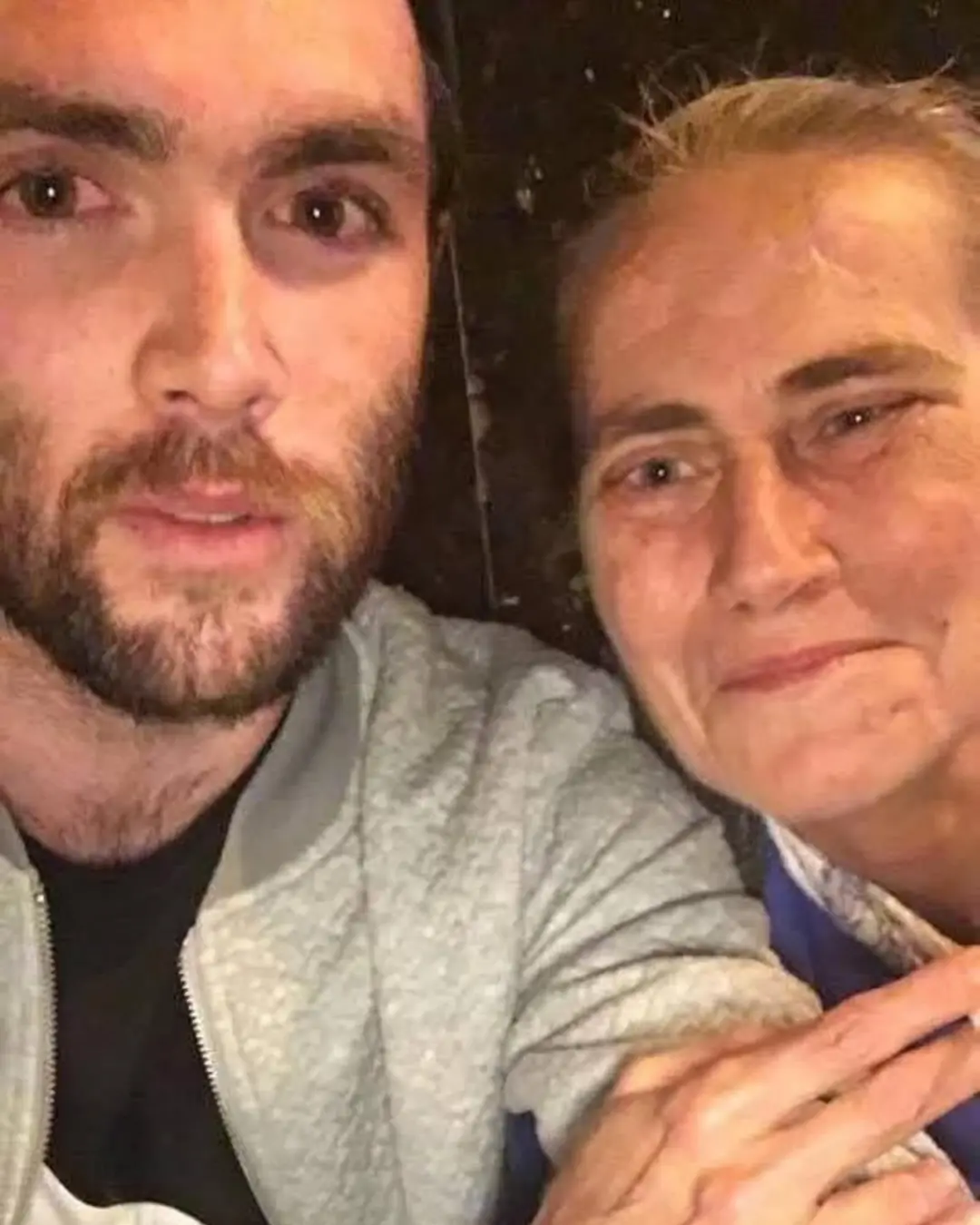
A Night at McDonald’s That Changed a Life — And Mine

Beyond the Badge: A Police Officer’s Reflection on True Community Connection

Koda the Christmas Bandit: The Dog Who Unwrapped Every Gift Under the Tree
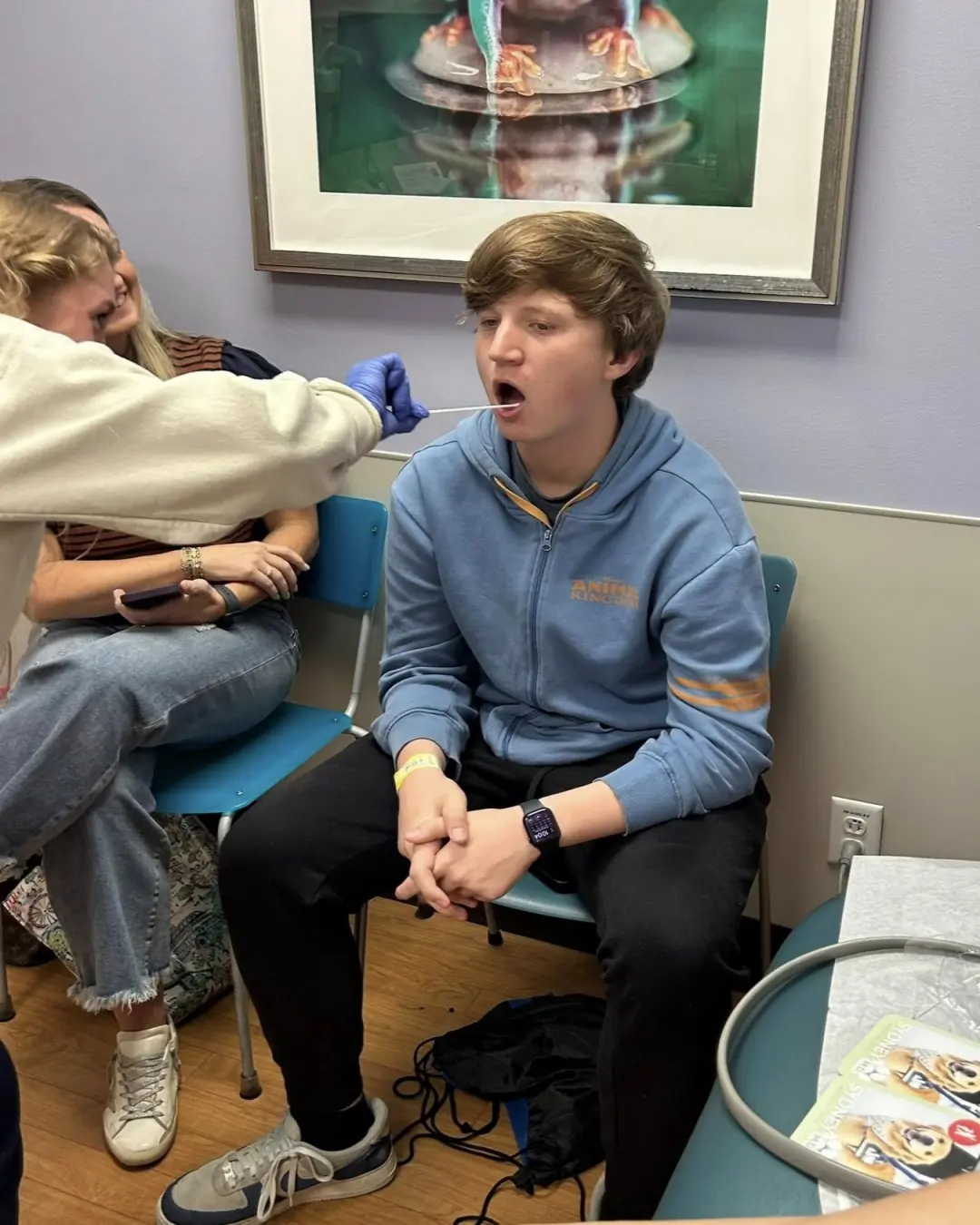
A Brother’s Gift: Caleb’s Courage for His Sister Libby
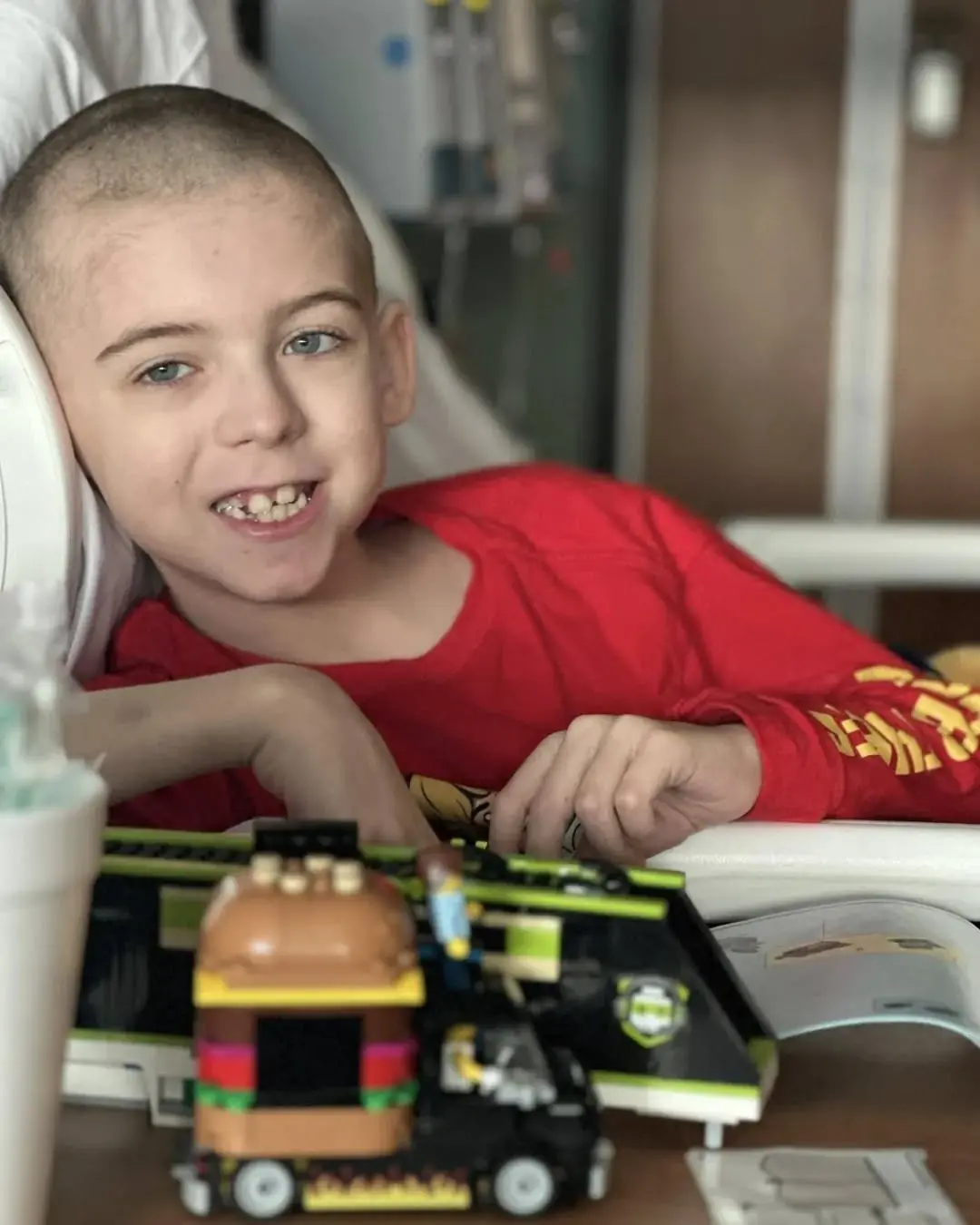
Two Brothers, One Battle: The Scotts’ Fight for Life and Hope

An Elephant’s Cry, A Human Answer.

The Farmer’s Slow Lane

The Gift of a Grandfather Without Bloodlines.

My Ex-husband’s New Wife Unexpectedly Contacted Me – What She Wrote Made Me Go Pale

I Inherited My Grandma’s Cotage, but My Jealous Cousin Wrecked It — So I Made Her Pay Every Penny

I Nearly Left My Wife When She Gave Birth to a Baby with Dark Skin — But the DNA Results Left Me Ashamed

My Stepmother Read My Childhood Diary Out Loud at My Wedding to Embarrass Me — She Regretted It Instantly

When his mother decided to leave again, Timka was twelve. She didn’t really explain anything, only said she’d been invited to teach—for just a couple of weeks

— Honestly… — her friend paused for a second, as if afraid to say too much, — I still don’t understand: how did you dare to do this? This is beyond the pale, Liza!

A pregnant student stood on the edge of a bridge, ready to jump… But a sudden child’s cry made her turn—and what she saw changed everything!

— “How can you sink so low? Aren’t you ashamed, dear? Your arms and legs work—why don’t you get a job?” people would say to the beggar woman with a child.

After her husband’s death, she finally dared to open his safe—the one that had always been locked. The moment the door gave way, the woman barely stifled a scream.
News Post

Important News for Everyone Who Loves a Daytime Nap

The Night Edith Found Her Angels at a Waffle House

The Dog Who Healed Our Hearts: A Story of Rescue, Love, and Second Chances

A Night at McDonald’s That Changed a Life — And Mine

Beyond the Badge: A Police Officer’s Reflection on True Community Connection

Koda the Christmas Bandit: The Dog Who Unwrapped Every Gift Under the Tree

A Brother’s Gift: Caleb’s Courage for His Sister Libby

Two Brothers, One Battle: The Scotts’ Fight for Life and Hope

An Elephant’s Cry, A Human Answer.

The Farmer’s Slow Lane

The Gift of a Grandfather Without Bloodlines.
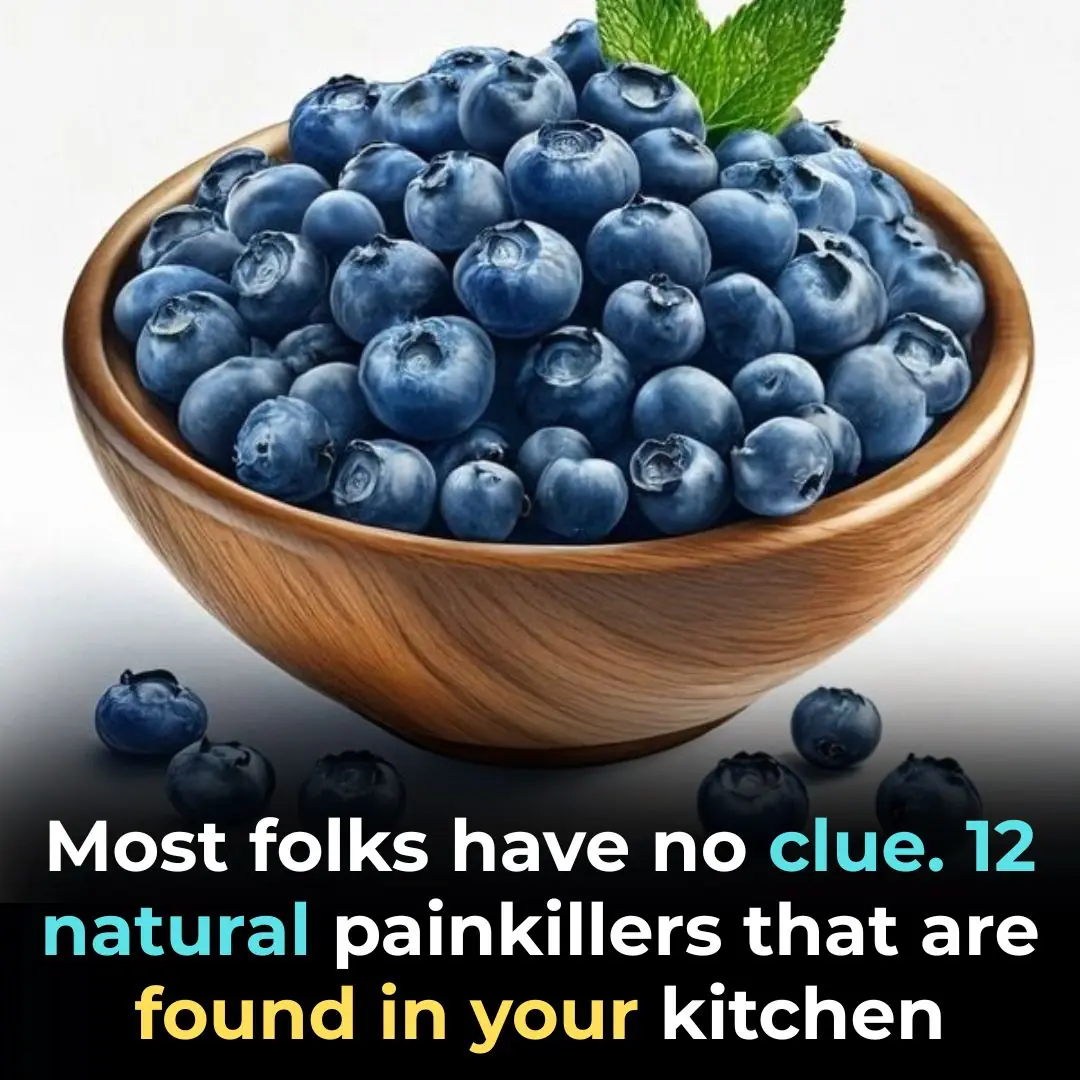
12 Powerful Natural Painkillers Found in Your Kitchen
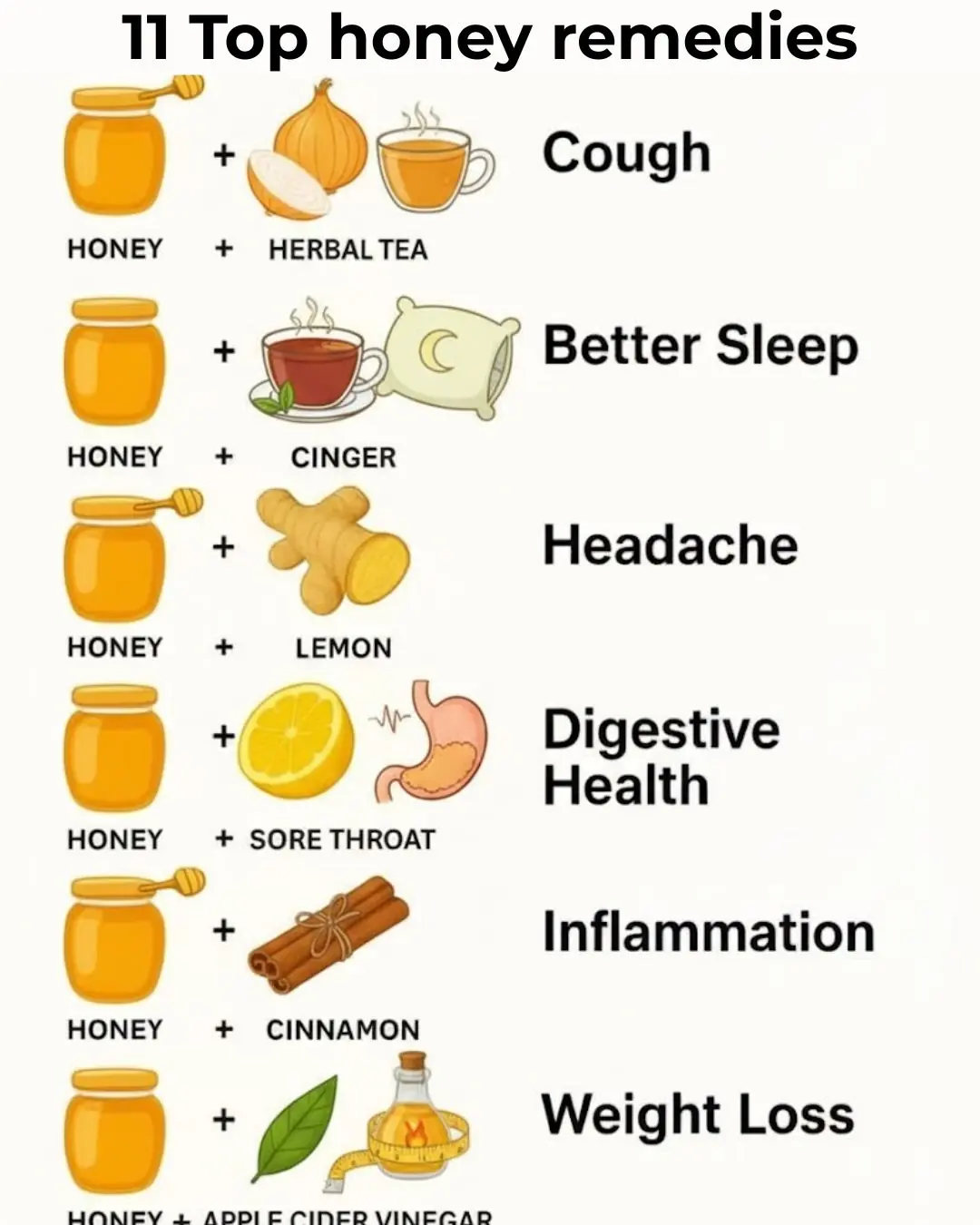
11 Honey Remedies That Truly Work
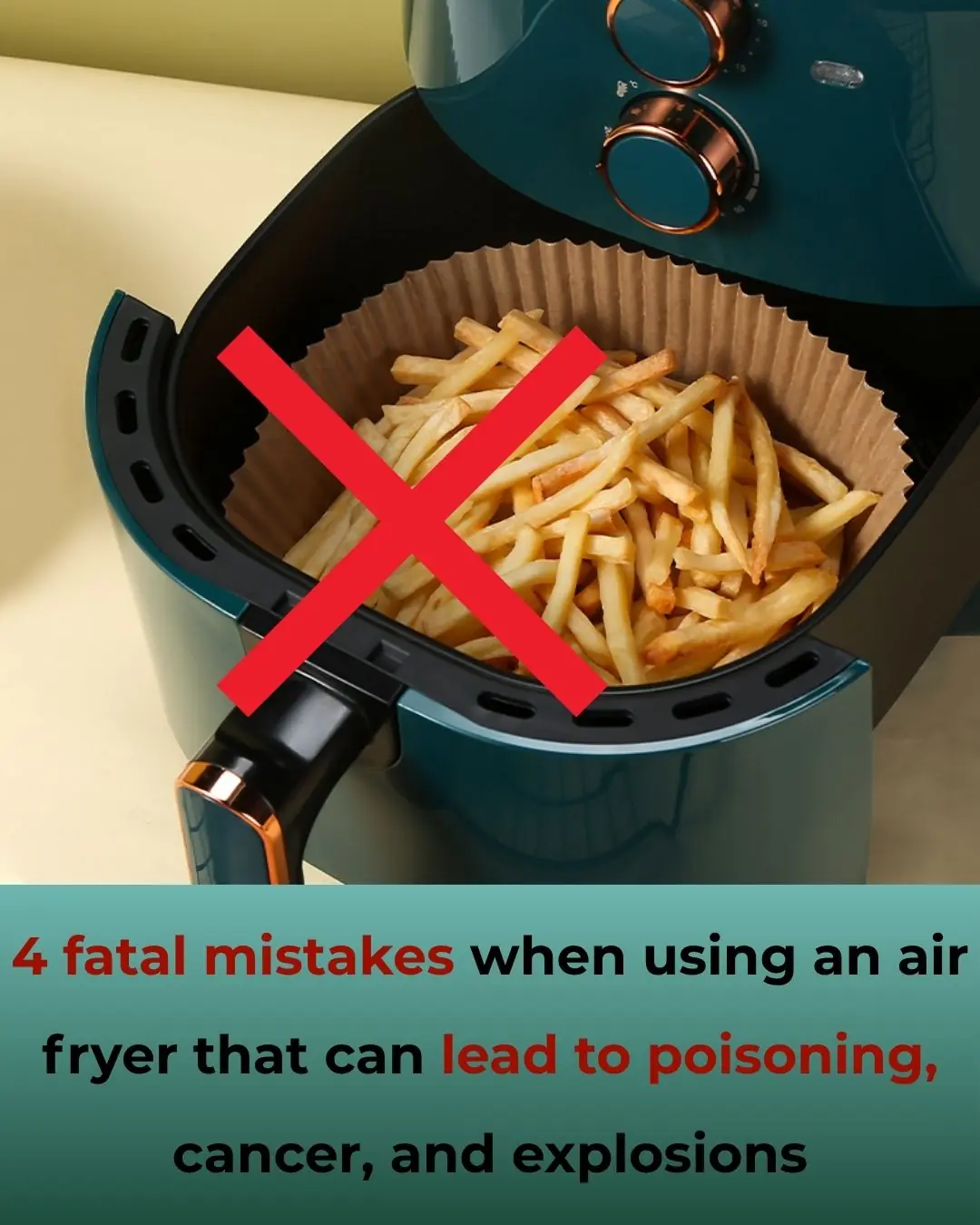
4 Dangerous Mistakes When Using an Air Fryer That Can Lead to Poisoning, Cancer, and Even Fires

The Secret of Our Hand to Show RICH or POOR…

The Purpose of the Overflow Hole in Your Sink You Never Knew
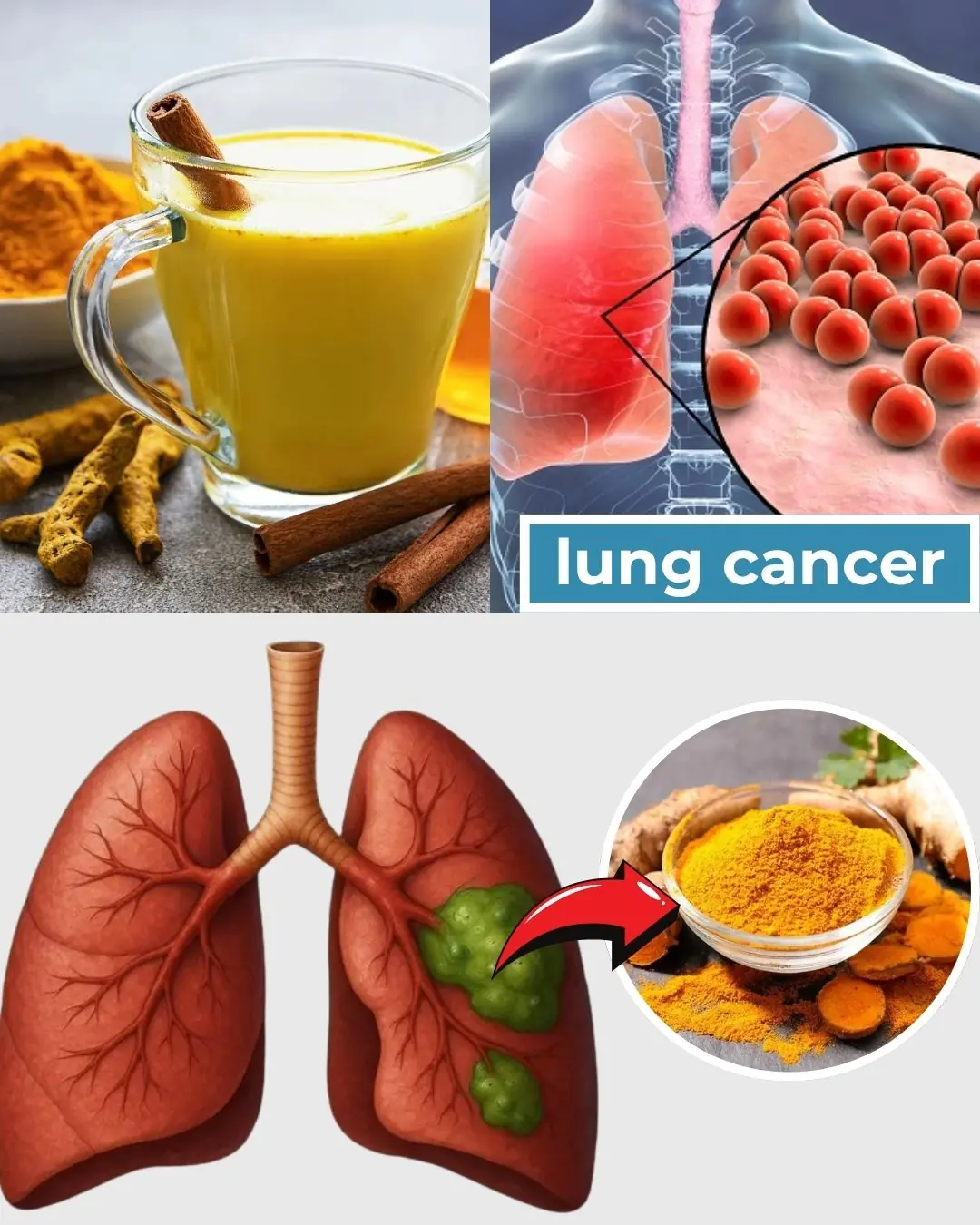
Only 2% Know This Ancient Spice Can Clean Lung Mucus Overnight 💥
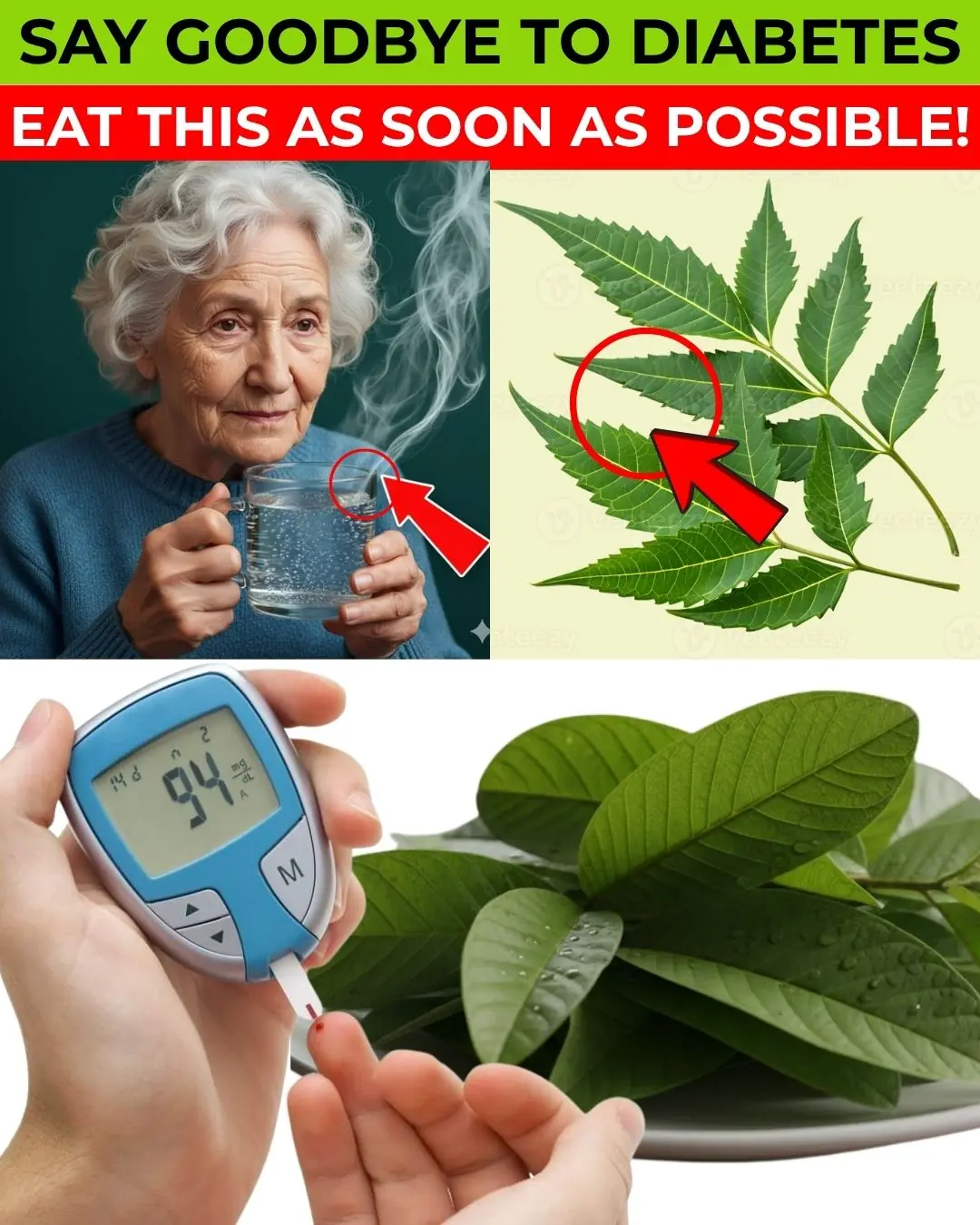
🌿 SENIORS: This 1 Leaf DESTROYS Diabetes & Melts Belly Fat (Doctors HATE It!) | Barbara O’Neill
